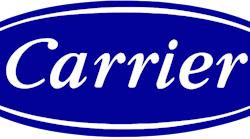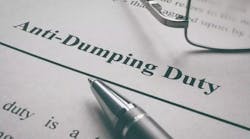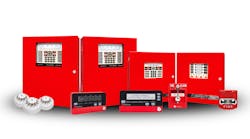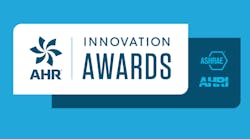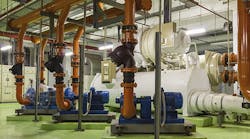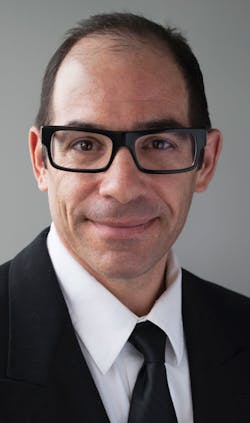One of the most important contributors to the long-term success of a central plant are maintenance standards and training that truly meet the needs of end users and operators. Unfortunately, development of these standards and training often is bypassed in the name of cost saving, much to the detriment of both the central plant’s and overall facility’s energy-efficiency goals.
Few companies are staffed with experts trained to optimize and maintain modern central-plant systems, and even fewer recognize the necessity of technical training. All may appear fine as the construction team closes out a project: New, recently commissioned equipment is running as expected, and training attendance sheets show the on-site staff has received necessary training. Unless, however, the on-site staff is prepared to develop a practical maintenance program, the platform is destined to run to failure.
One way to ensure sustainability of efficiencies is to work with an engineering firm or outside expert to develop a localized optimization-and-maintenance plan, a process likely to involve:
• Study of your business needs to identify budget and energy-saving goals, a close look at the on-site staff to determine its technical acumen, and definition of budgetary expectations (or limitations) to ensure realistic optimization-and-maintenance objectives.
• Streamlining large and sometimes overwhelming volumes of factory/manufacturer guidebooks to develop localized procedures the optimization-and-maintenance staff easily can use to cost-effectively steer the plant.
• Digital monitoring of key performance indicators (KPIs) that directly relate to the effectiveness of energy—and business—exchanges associated with HVAC platforms. As part of the optimization-and-maintenance process, your expert team can advise you as to which KPIs are most relevant to your long-term efficiency goals and how best to monitor them. This information can be used to contractually obligate vendors whose services relate to efficient operation of the central plant/facility.
For instance, one KPI available with the vast majority of central utility plants is central-plant chilled-water-system differential temperature, which, in turn, relates to total campus chilled-water efficiency and chiller efficiency. Trending of this KPI is a simple tool to stay ahead of operational issues that may be developing and could have a dramatic impact on the cost of producing and transporting chilled water.
• Training. No matter how good your optimization measures are, they will be wasted if the maintenance staff is not properly trained on long-term optimization-and-maintenance standards. A foundational training syllabus can be designed to teach on-site staff (administrative, maintenance, and management) how to operate, maintain, and administer new or enhanced facility equipment cost-effectively. Your expert team can provide one-time or ongoing training to ensure the staff is well-versed in recognizing and understanding KPIs and translating them into long-term energy efficiencies.
Central plants are indeed “central” to the operation of major buildings and campuses. If the slow degradation in their performance following commissioning is overlooked or ignored, their long-term well-being can be jeopardized. While looking to outside engineering firms or optimization-and-maintenance experts may seem like an unnecessary and perhaps even redundant expenditure, the long-term benefits often far outweigh the costs. In some cases, you may be able to improve efficiencies by 25, 50, even 70 percent.
Central plants are by and large significant investments. Continual investment in efforts to improve and maintain their operational efficiencies is an important step toward reaching company or campus energy goals.
Did you find this article useful? Send comments and suggestions to Executive Editor Scott Arnold at [email protected].


